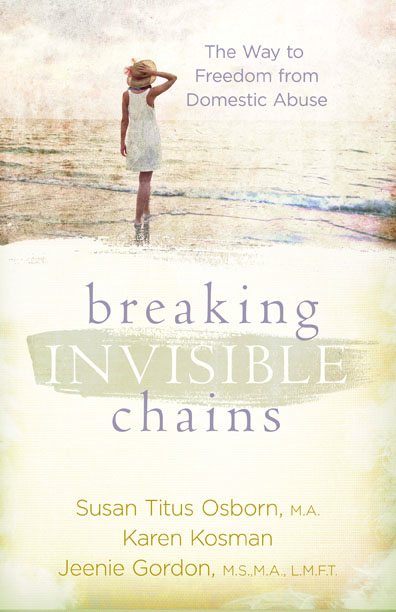Who are you writing about? Yourself? Your own experiences? Your childhood? You should write what you know, so you may want to write from your own experiences. If so, make sure that others will benefit from those experiences. Your story needs to answer the question, “So what?” It must have a point that will have take-away value for the readers—value they can take into their own lives and use. Fiction allows you to use your own experiences, but you can couch them in fiction and change the details. We don’t have to undergo exactly what was experienced in what we want to write about, but it is vital that we feel passionately about our subject.
Be sure to write to the needs of your audience, not your own needs: OPNAD (A Lee Roddy creation). Write for other people’s needs and desires. This includes the publishing house as well as the reader. Match what you are writing to a market. Know what your publishing houses are looking for. What length do they want? What age is their audience? Go to writers’ conferences and ask the editors what they want. Don’t just tell them what you are writing, but ask what their needs are.
You have probably heard the expression: Show, don’t tell. Show through emotions and personal stories. There is power in simplicity and personal sharing. Use the concrete story filled with emotion, not the abstract idea. Emotion is where people live. Reach out with your writing and touch their hearts.


